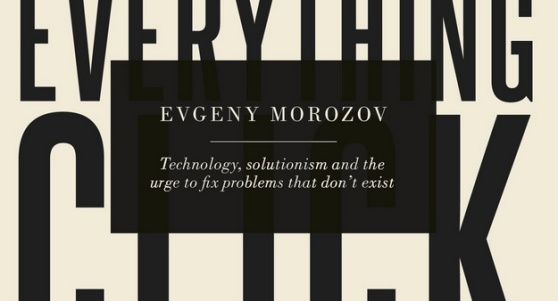In most parts „Hatching Twitter“ reads like a soap. It is hard to believe how many assaults and revolutions are involved in the becoming of Twitter. The book’s subtitle is „A True Story of Money, Power, Friendship, and Betrayal“ – and it really delivers enough stories to justify that. On the other hand, Nick Bilton’s book is a great manual when it comes to growing your community, building strategic partnerships and growth-hacking. Reading the book, you will also meet many of the key players in Silicon Valley.
„Then there was the hashtag, the pound symbol that until then had primarily been used on telephones while checking an answering machine. On Flickr, the photo-sharing site, people sometimes used the hashtag symbol to group similar images. In one instance, people had been using Flickr to share pictures of forest fires in San Diego, California, and had started to organize the newsy pictures with a tag that read „#sandiegofire.“ Chris Messina, a designer who lived in the Valley and was friends with many of the Twitter employees, started using the same symbol on Twitter, and before long it was picked up by others on the site.“





